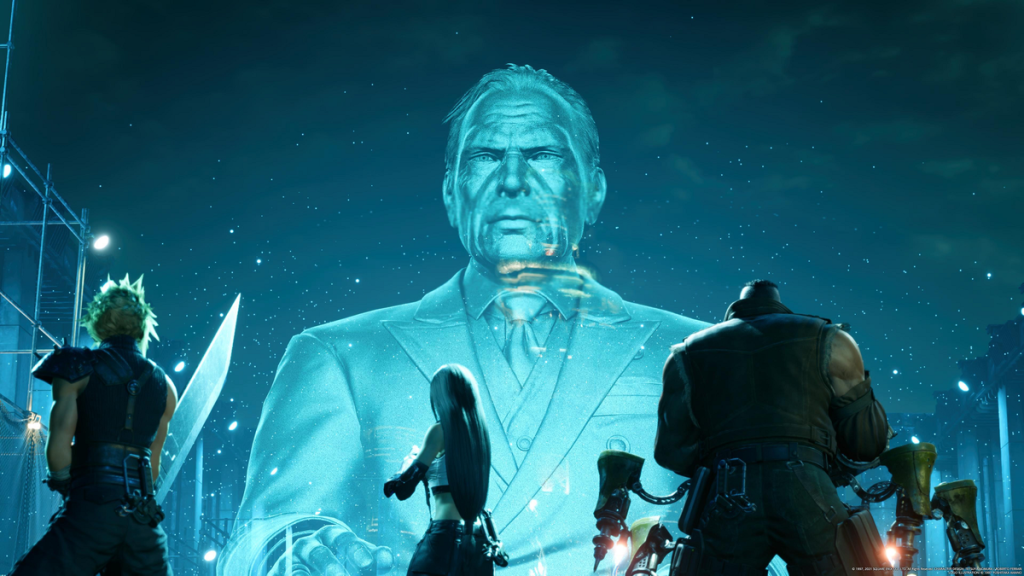The gaming industry has witnessed a significant development in recent weeks as the long-standing strike by SAG-AFTRA actors, which began last July, has finally reached a tentative resolution. This strike, primarily centered around demands for better wages and working conditions, has stepped into the spotlight due to the contentious issue of artificial intelligence (AI) and its implications on voice acting and performance capture. As the industry continues to evolve technologically, the role of human performers and their rights has come under scrutiny, prompting a comprehensive discussion among stakeholders.
Background of the Strike
The SAG-AFTRA strike arose from a multitude of concerns, with the most pressing being the potential for AI to undermine the livelihoods of voice actors. As technology advances, so does the capability of companies to create AI models that can replicate the voices and movements of real actors. This raises critical questions about compensation and control over one’s own likeness. Actors traditionally receive payment on a session basis, but AI could enable companies to utilize an actor’s work in perpetuity without additional compensation.
As the negotiations progressed, the issue of AI usage became a focal point. While many actors and industry insiders acknowledged the benefits of AI, they expressed concerns regarding its potential to exploit performers in the industry. According to SAG-AFTRA chief negotiator Duncan Crabtree-Ireland, “Patience and persistence has resulted in a deal that puts in place the necessary AI guardrails that defend performers’ livelihoods in the A.I. age, alongside other important gains.”
Details of the Tentative Agreement
The agreement, reached among ten major companies including industry giants such as Electronic Arts, Activision, and Epic Games, incorporates essential clauses aimed at protecting actors’ rights in the face of advancing AI technology. While specific terms of the deal have yet to be disclosed, SAG-AFTRA has highlighted the inclusion of “necessary AI guardrails” which are expected to regulate how AI technologies can be employed in performance settings. This marks a significant stride towards safeguarding the future of voice actors in the gaming industry.
As part of the broader resolution, SAG-AFTRA reports that the agreement will offer historic wage increases exceeding 24%, enhanced health and safety protections, and provisions that require transparency, consent, and compensation when utilizing AI-generated digital replicas of performers. This is a monumental step for the industry, reflecting an acknowledgment of the vital contributions of voice actors to the overall gaming experience.
Impact on the Gaming Community
The effects of the strike and subsequent agreement will be felt across the gaming community, including both developers and gamers. This prolonged strike has led to disruptions in major game titles, with some actors being replaced in projects like Call of Duty: Black Ops 6 and Zenless Zone Zero. Many games also found themselves with silent characters, highlighting the striking impact on storytelling within these franchises.
As the news of the tentative agreement spreads, the reaction among members of the gaming community has been mixed. Many actors have expressed relief that their concerns regarding AI and job security have finally been addressed. Others, however, voiced frustrations over the duration and management of the strike. Voice actor William Salyers, known for his role as Otto Octavius in Spider-Man 2, articulated his feelings, stating, “I hope SAG-AFTRA is aware that, either intentionally or through negligence, an environment has been created around IMA negotiations whereby it is impossible to express a good-faith disagreement without being dismissed as anti-union.”
Looking Ahead
As the final details of the agreement are prepared for ratification by SAG-AFTRA members, it remains crucial for industry players to engage in constructive dialogue around the role of AI in gaming. The union has indicated that further discussions will take place in the coming weeks, ensuring that all parties have a say in the evolving landscape of game production.
Moreover, the ramifications of this strike extend beyond immediate job security for performers. The resolution is likely to set a precedent for how the industry approaches AI and its interaction with human creativity. Given the potential of AI to revolutionize gaming, establishing ethical frameworks around its use has become increasingly important.
Conclusion
The tentative agreement reached between SAG-AFTRA and major game publishers marks a significant achievement in the realm of labor rights within the gaming industry. With AI technologies making their way into various facets of game development, the protection of performers’ rights has never been more crucial. As the industry continues to navigate these challenges, this agreement represents a vital step towards a more equitable and sustainable future for all involved.
Quick Reference Table
| Topic | Description |
|---|---|
| Strike Start Date | July 2024 |
| Agreed Wage Increase | Over 24% |
| Key Companies Involved | Activision, EA, Epic Games |
| AI Protections | Guardrails to protect livelihoods |
| Next Steps | Ratification by SAG-AFTRA members |
| Community Sentiment | Mixed, with concerns about strike management |
As we move forward, the industry must stay vigilant about the ethical implications of AI tools while also ensuring that the voices behind the characters we cherish are protected and valued.

